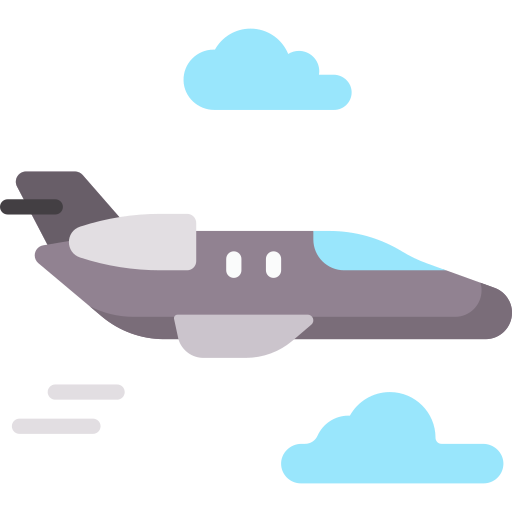Understanding the True Costs of Private Jet Ownership
Owning a private jet is often perceived as a symbol of luxury and exclusivity. However, the financial implications of such an acquisition extend far beyond the initial purchase price. Numerous factors contribute to the overall cost of private jet ownership, which can fluctuate based on various personal and operational choices. This article delves into these costs, providing a comprehensive view for potential jet owners.
Initial Purchase Price
The most significant upfront cost is purchasing the jet itself. Prices can vary drastically based on the size, model, and age of the aircraft. For instance, a new, mid-size business jet can range from $5 million to $25 million, while a larger, high-end model can cost upwards of $70 million or more. Pre-owned aircraft may present a more economical option but can still range between $2 million and $50 million, depending on their condition and specifications.
| Type of Jet | Price Range |
|---|---|
| Light Jet | $2 million – $10 million |
| Mid-Size Jet | $5 million – $25 million |
| Large Jet | $25 million – $70 million+ |
| Ultra-Long-Range Jet | $40 million – $100 million+ |
Financing Options
Many prospective buyers consider financing their jet purchase, which can introduce monthly mortgage payments, interest rates, and additional financial considerations. Financing interest rates typically range from 5% to 8% depending on creditworthiness and aircraft value. Prospective owners must factor these expenses into their overall budget.
Operating Costs
After acquiring the jet, ongoing operating costs are a critical aspect of ownership. These expenses can include:
- Fuel Costs: Aviation fuel costs vary by location, but on average, a mid-size jet consumes approximately 150 to 300 gallons of fuel per hour. At an average fuel price of $5 per gallon, fuel costs alone can range from $750 to $1,500 per flight hour.
- Maintenance: Regular maintenance is essential for safety and longevity. Annual maintenance can range from $50,000 to $250,000, depending on the aircraft’s size and usage.
- Insurance: Insuring a private jet can cost between $20,000 to $100,000 annually, heavily influenced by the type of jet, its value, and the owner’s flight experience.
- Hangar Fees: Storing the jet in a hangar can add additional costs. Depending on location, fees can vary from $1,000 to over $10,000 per month.
- Crew Salaries: If hiring pilots and cabin crew, salaries must be considered. A captain’s salary can range from $80,000 to over $200,000 annually, not including benefits.
Depreciation
Like any asset, private jets depreciate over time. On average, jets can lose about 10% to 15% of their value each year in the first five years. This depreciation is crucial for tax and resale considerations. Owners should also consider potential costs associated with selling or trading in an aircraft.
Additional Costs
Beyond the above expenses, several ancillary costs can arise, such as:
Training Costs: Owner-pilots may require additional training or certification, which can range from a few thousand to tens of thousands of dollars. Upgrades and Modifications: Customizing the interior of a jet can add significant upfront costs and ongoing maintenance considerations. Travel Expenses: Unforeseen costs such as landing fees and overnight parking can add up, especially in remote locations or high-demand airports.
Conclusion
Owning a private jet can be a complex financial endeavor that requires careful consideration and planning. The total cost of ownership varies significantly based on a multitude of factors, including type of aircraft, usage patterns, location, and personal preferences. Aspiring jet owners need to conduct thorough research and possibly seek consultation from aviation experts to understand their specific financial implications fully.
Ultimately, for those who can bear the costs, the convenience and flexibility of private jet travel present invaluable advantages.
